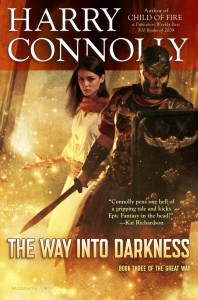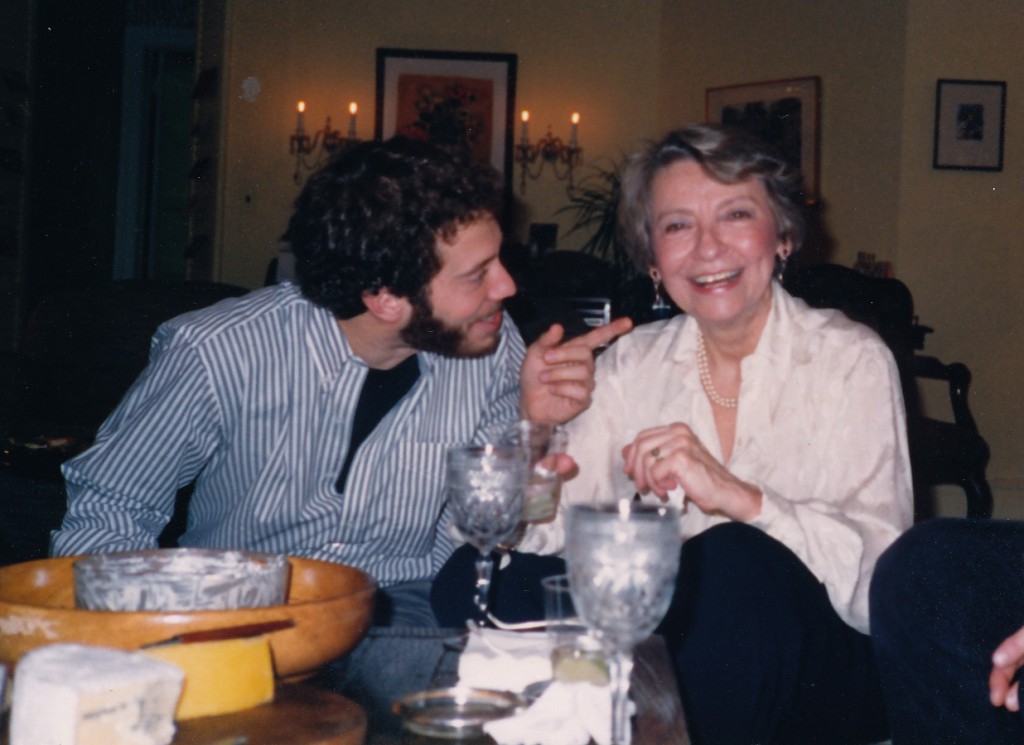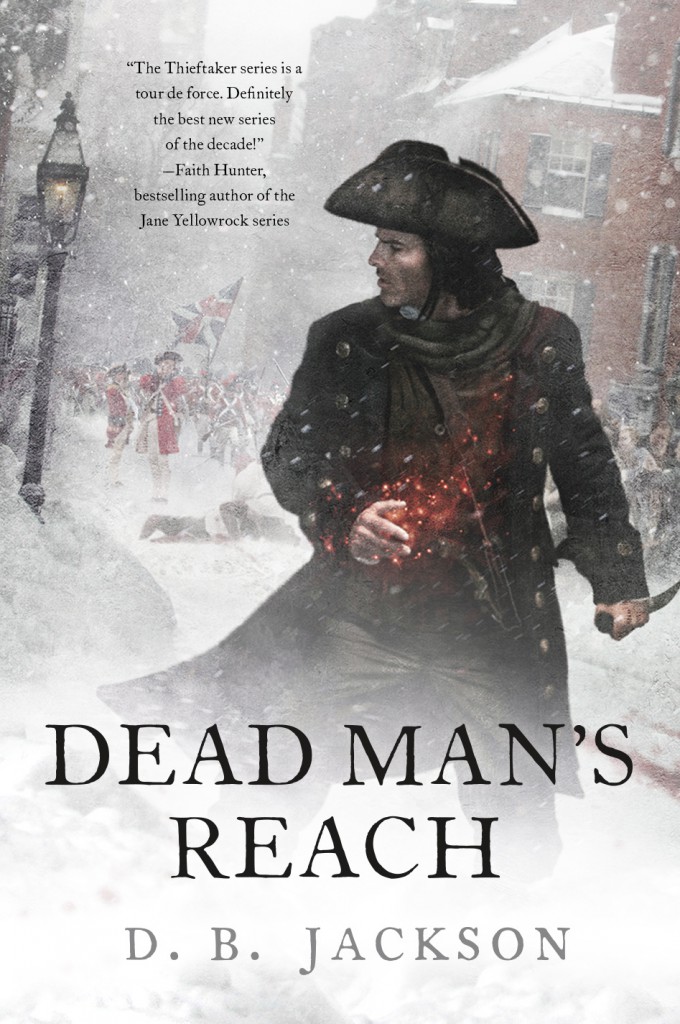I’ve debated back and forth about writing this post. Even now, as I type it out, I’m not sure I’ll ever actually put it up. Honesty wars with pride. Fear of revealing weakness and saying “the wrong thing” strives against the notion that reading this post might help others struggling with similar demons.
This has been another of those days — I seem to be having quite a few of them right now. By “those days,” I mean the ones that are filled with doubts and frustrations, stretches of idle time during which I do nothing but stare at a blank screen, getting nothing done and feeling like a lump.
But worse, I find myself falling into all sorts of old, bad habits, things that I have posted about, glibly telling aspiring writers “don’t do this and don’t do that.” And now here I sit, guilty of all the sins at which I’ve railed.
“Success,” I have said in recent posts, “must by self-defined. Don’t look to others for affirmation, find it within yourself.” But I feel myself surrounded my mirrors, as if I have stepped into an erroneously named funhouse. These mirrors are distorted, farcical. And yet I look at myself as I appear in them, and I wonder, “Is that really me?”
“Be ambitious! Ambition is good!” But my ambitions mock me, daring me to reach for them again, to risk falling short of them. Again.
“Don’t write to the market. The market is a moving target. Write what you love, the story that is burning inside of you.” But that story feels elusive right now, and I am constantly second-guessing myself, wondering if I am on the verge of writing the “wrong” story, the one that won’t take my career where I want it to go.
“Don’t read your own reviews.” “Don’t obsess over your numbers.” “Don’t lose sight of the fact that to succeed in this crazy business one must understand that its ultimate reward is love of the craft and passion for the act of creation.”
Don’t, don’t, don’t.
And yet, I do it all.
Because as much as I love this business, as fortunate as I am to be a professional writer, I’m always mindful of the precarious nature of success, however it is defined. I am flying without a net, unsure of what I am going to write next and where I might sell it when it’s ready to hit the market. And that uncertainty terrifies me. I have ideas, but they have yet to coalesce into a vision for a new project.
A voice in my head says, “But they will, they always do.”
To which another voice — a voice that has plagued me all my life, as such voices do all of us — answers, “You mean, they always have. Perhaps this time they won’t.”
I really hate that fucking voice.
There really is no answer to that voice of doubt, at least none that is solid in its certainty. The answer to doubt has to be faith, and faith can be a shaky foundation on which to build confidence. Do I think that I’ll find an answer, that I’ll emerge from this dark, unsettled place? Of course. But I don’t — can’t — know. Belief is all I’ve got, and while I can hope that eventually it will be enough, right now my confidence seems threadbare and worn.
I have no answers for you, no note of redemption on which to end this post. Hence my reluctance to start it in the first place. I’m struggling, as we all do from time to time. And all I can do is contend with my demons again tomorrow and hope that in the light of the morning they seem a bit less formidable.











